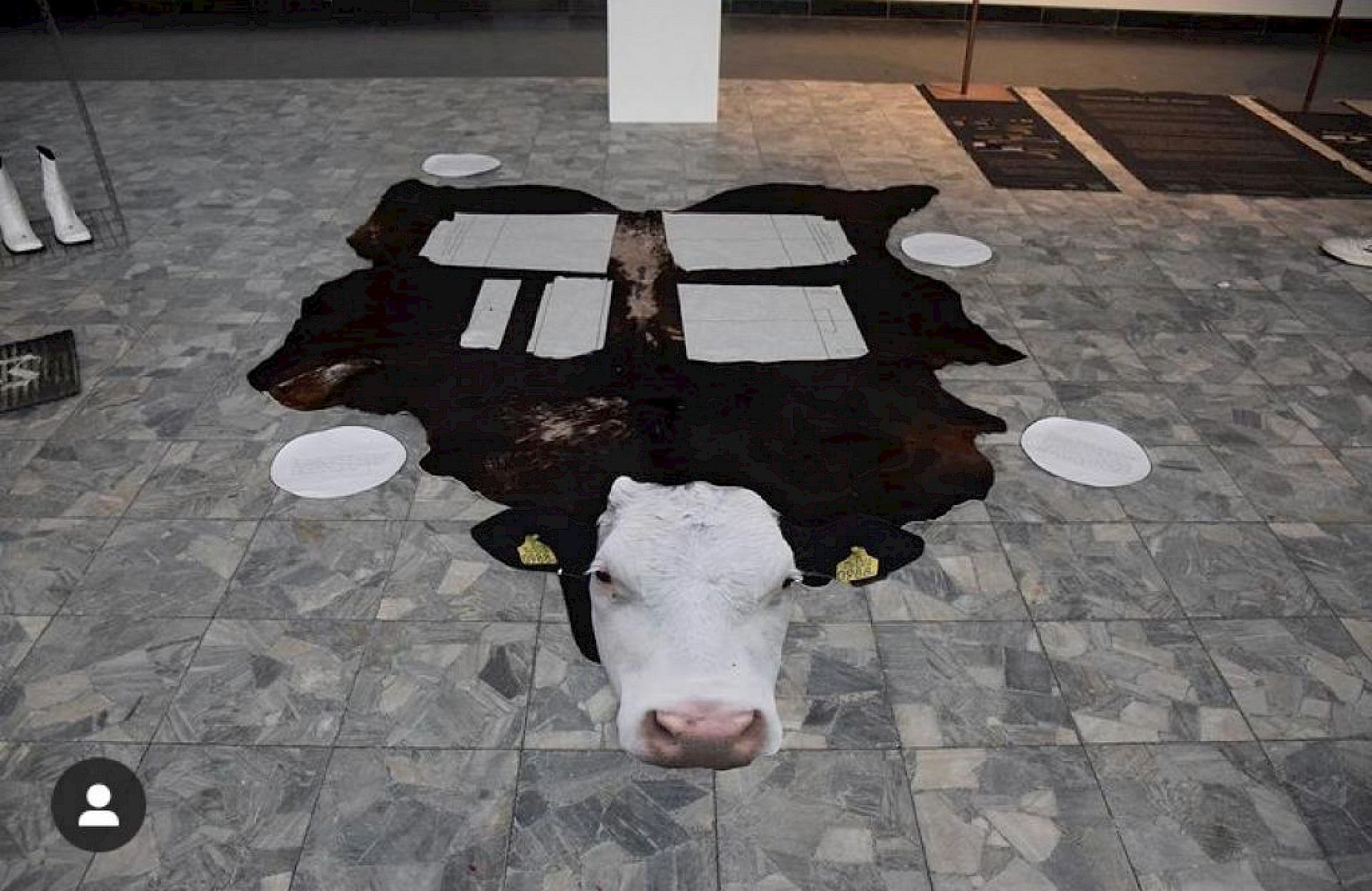Last October 20th, 21st and 22nd the University of Antwerp, Antwerp Management School, the city of Antwerp, The Royal Fashion Academy Antwerp, Tourism Flanders & MoMu Antwerp presented THE RESPONSIBLE FASHION SERIES, one of the most important international meetings of confrontation and sharing for the academic world, which brought together the main fashion institutes around the world!
More than 130 abstracts answering the call "Can fashion save the world" were selected to present during the conference or/and the digital days in advance on October 14th and 15th.
The question of whether fashion can save the world originates from the tagline of Antwerp in 1993: Can arts save the world? With this question, they wanted to reflect and create a discussion about the societal role of Arts and Culture. Does the current crisis we live in, also needs something similar? Can we use innovative approaches through the arts as a utopic remedy? Can fashion save the world?
Throughout this event the urge to pursuit change, think differently and be creative in new ways of collaboration and implement technology were much discussed. The following themes were key: of transition, disruption, the role of creativity, heritage and craftsmanship, technology, gender fluidity, intergenerational issues, inter-relational creativity, circular economy and ecosystems.
We would like to highlight the following participants who took part in this event and are related to the Fashion Professorship and ArtEZ.
Chet & Hanka
Presented their paper “We have never been individuals”: what fashion can learn from fungi. In this paper they shed light on how fungi could inform a radical and imaginative new model of fashion system, and in specific fashion education. In his article ‘Queer Theory for Lichens’ David Griffiths states: “We have never been individuals.” (Griffiths 2015) We will investigate how this can be translated into a move away from fashion’s fixation on individual talent and the cult of the genius, and the toxic culture this can create. (Seward 2020)
Chinouk Filique de Miranda
Presented her paper on Deconstruction, recognition and alternative engagement — a proposal to democratise the ‘dictator aesthetics’ of fashions’ digital narrative’. This paper draws upon Derrida’s deconstruction-as-strategy in order to expose and subvert the aesthetic experience of the fashion consumer, and the (false) sense of authorship provided by the fashion system through digital media. Through active interpretation the aim was to look for ways to apply democratic standards to the technological engagement process between the consumer and fashions’ digital narrative.
Femke de Vries & Laura Gardner
Presented their paper ‘’How text designs fashion: A dataset of textual fashion’’. Within this paper and research, it takes paratexts out of their context and studying them autonomously, contributing to a limited research on fashion and writing and language. It researches and shines a light on the essential role in the construction and perception of fashion and the relation to broader cultural shifts.
Lindy Boerman
Presented her essay called ‘’The matter of moral shame in fashion’’ which aims to inform and explore the complexity of consumers’ moral shame in their behaviour in the context of the social and ethical sustainability debate. In doing so, she aims to create change by shifting the role of problem solver from the consumer – who believes they are solely responsible for this feeling – to the fashion companies – the ones who should actually take on this role.
Sophia Buter
Exhibited her project ‘From cash cow to cow’ and shines a light on the use of leather in the fashion industry. The leather designer bags are a well-known concept in the fashion world, but actually have a bad reputation production wise. Her exhibition shows a real cow skin laying on the ground with patterns of The Birkin bag of Hermes. This cow had become a cash cow as the skin is the most expensive when it’s undamaged. With her exhibition Sophia aims to bring awareness and justice for the animals who are victims of the fashion industry, and shows a different view on the leather industry.
Interested in all these fascinating researches? You can see the recordings here.
